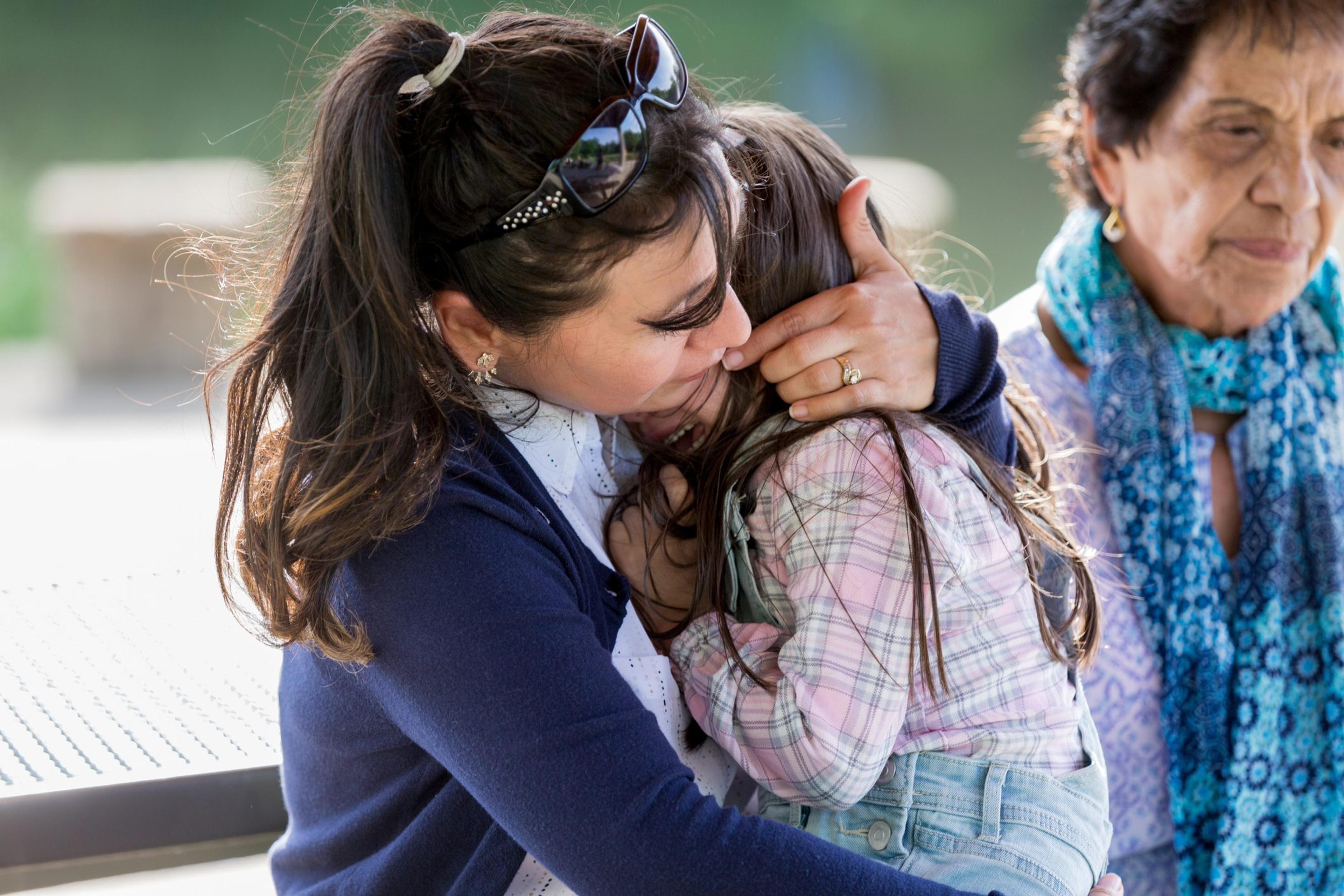Intergenerational Impact of Suicide on Children and Families

Dr. William Beecroft, M.D.
| 3 min read
Dr. William Beecroft, MD, DLFAPA, is the Medical Dir...

Suicide is a complex topic and often results from multiple coinciding factors in a person’s life. When a parent takes their own life, the impact can reach across generations of their family. Seeking help for mental health concerns is so important, as a suicide can have lasting impacts on families and children.
Higher risk
It’s consistently suggested through research that children who have suicidal parents are at a greater risk for suicidal behavior themselves. The reasons are multifaceted:
- Chaotic home environment
- Exposure to suicidal behavior
- Genetic predisposition for certain behavioral health problems
- Transgenerational trauma
Impacts on children
A parent’s suicide can trigger multiple overwhelming feelings in a child:
- Anger
- Confusion
- Guilt
- Horror
- Shame
It’s important that children be supported to help them process their feelings after such a traumatic event. Children can be surprisingly resilient, but their ability to recover from a parent’s death depends on how they learn to cope with their deepest feelings. There’s a lot at stake for the child’s future.
Transgenerational effects
Trauma and grief can be passed from one generation to the next, especially through cycles of family violence. This can increase risky behaviors. For adults in the family, there can be an impulse to hide a family member’s suicide and to keep it as a secret. Lying or hiding information from younger members of the family about painful memories can erode trust. As some behavioral health problems have genetic ties, it may be important for younger generations to understand if they are at risk.
How to talk about suicide
While talking about suicide might feel uncomfortable, it’s an important conversation to have. Depending on the child’s age, there are different ways to approach the issue. The American Psychiatric Association recommends adults avoid talking about tragedies with children until they are at least 8 years old, unless it presents itself as an issue. Don’t wait too long to have the conversation: suicide is the second leading cause of death for children who are 10 to 14 years of age.
- Very young children: Tell them someone died and that they were very sick.
- Ages seven to 10: Use short statements. Don’t shy away from the truth and wait for any follow-up questions. Approach the conversation the same way you would if someone had a physical illness.
- Ages 11 to 14: Start the conversation with questions to find out what they know about suicide and correct any misinformation. Talk to them about warning signs, suicidal thoughts and if their friends have talked about it.
- High school age: Speak to them about suicide the same way you would speak to an adult. Assure them that it’s ok if they have mental health problems. Talk to them about what they would do if they or one of their friends had suicidal thoughts.
If you need help, call the National Suicide Prevention Lifeline at 1-800-273-TALK (8255) or go to http://www.suicidepreventionlifeline.org to chat with a live representative. For more mental health resources, visit bcbsm.com/mentalhealth. William Beecroft, M.D., D.L.F.A.P.A., is a medical director of behavioral health at Blue Cross Blue Shield of Michigan. More from MIBluesPerspectives:
Photo credit: Getty Images





